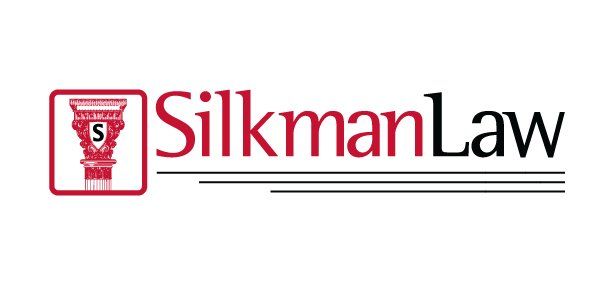Licensing Board Case Timeline
Case Resolution Conference
Hearing

Cory Silkman
License Defense Attorney
Mr. Silkman represents healthcare providers in Maryland before their respective licensing boards. He is recognized by the National Association of Distinguished Counsel.
Call 410-415-9158
A license defense attorney can help protect your license and career, so call today to discuss your case.
Office locations in Towson, Fulton, Rockville, and Annapolis.
Fellow of the National Association of Distinguished Counsel
All Licensing Board Cases Accepted
Maryland Board of Physicians
Maryland Board of Nursing
Maryland Board of Social Work Examiners
Maryland Board of Physical Therapy Examiners
Maryland Board of Occupational Therapy Practice
Maryland Board of Professional Counselors and Therapists
Maryland Board of Dental Examiners
Maryland Board of Examiners of Psychologists
Maryland Board of Pharmacy
Maryland Board of Massage Therapy Examiners
Maryland Board of Chiropractic Examiners
Maryland Board of Dietetic Practice
Maryland Board of Examiners for Audiologists, Hearing Aid Dispensers, and Speech-Language Pathologists
Maryland Board of Morticians and Funeral Directors
Maryland Board of Examiners of Nursing Home Administrators
Maryland Board of Examiners in Optometry
Maryland Board of Podiatric Medical Examiners
Maryland Board of Environmental Health Specialists
Maryland Board for Certification of Residential Child Care Program Professionals
Maryland State Acupuncture Board


